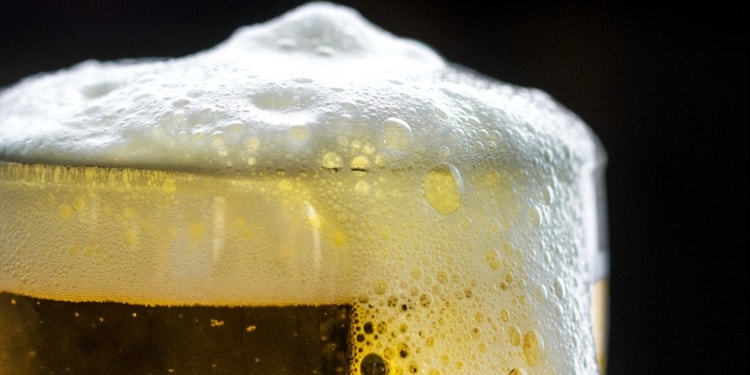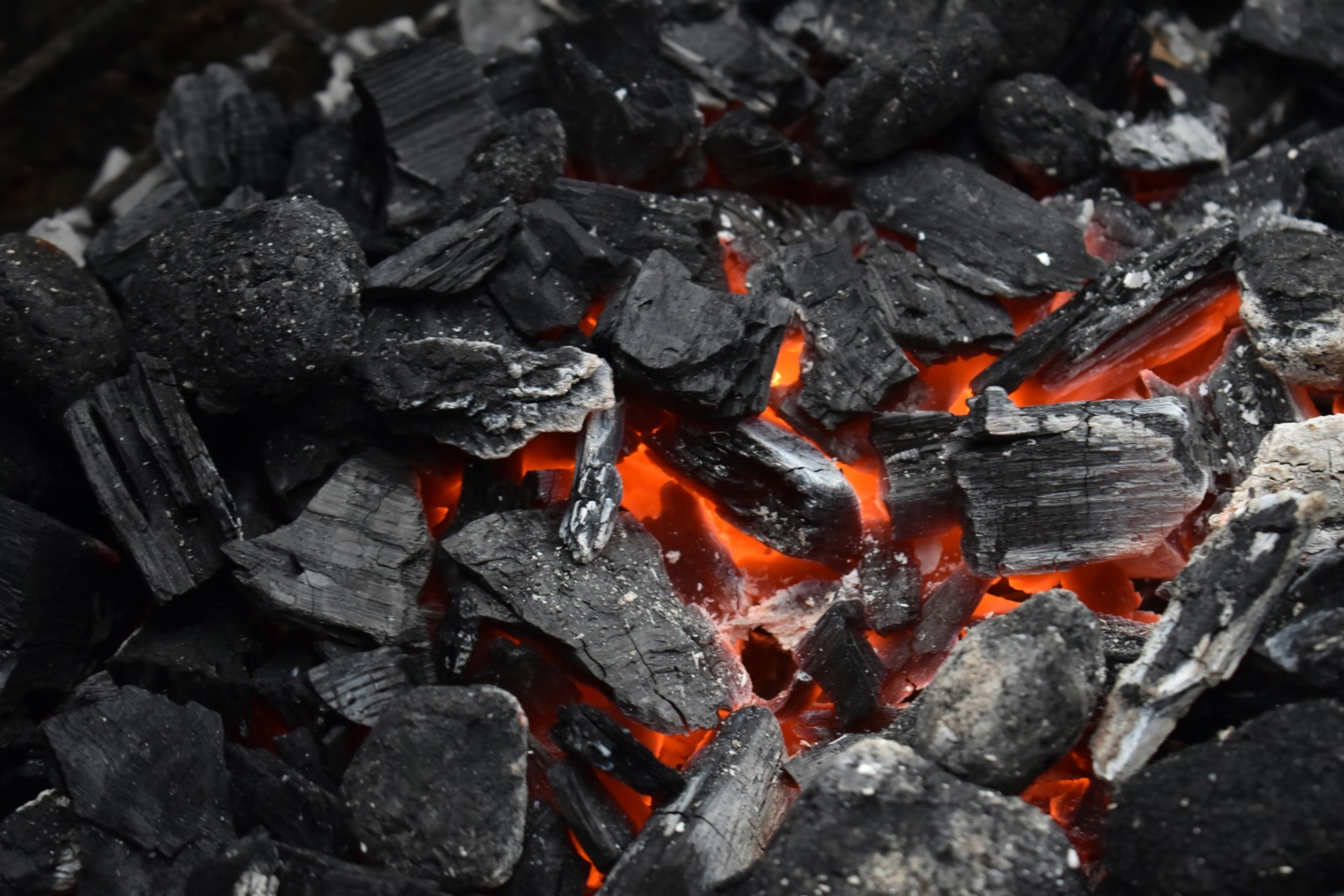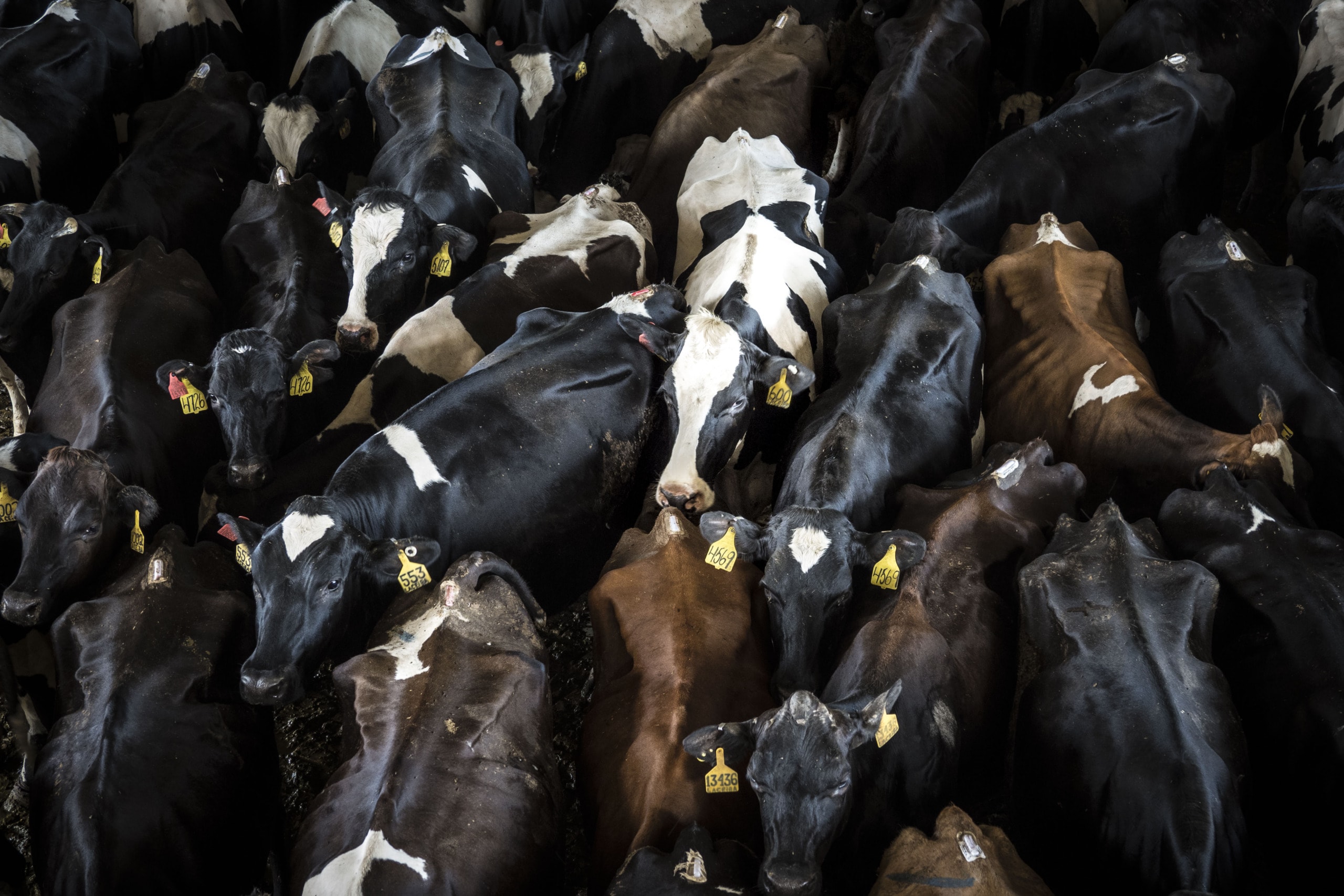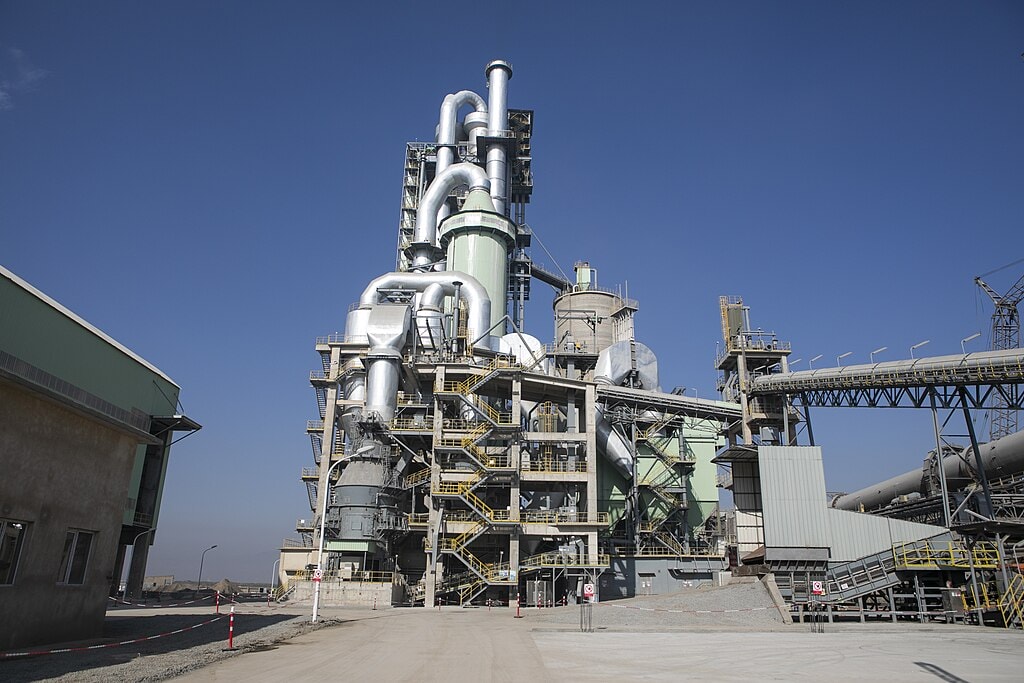New research has sounded an alarm for beer enthusiasts worldwide: Global warming is on track to change the world’s oldest and most cherished alcoholic beverage.
With roots tracing back to the Neolithic era, beer ranks as the third most consumed beverage worldwide, following water and tea. Traditionally crafted from water, malted barley, yeast, and hops, it relies on compounds known as alpha acids, found in hops, for the smell and flavor.
The cultivation of high-quality aroma hops, however, is a nuanced process limited to specific regions with suitable climate and environmental conditions. Hotter and drier weather threatens these regions and their suitability for growing hops.
The new research, published in Nature on October 10, now reveals the extent to which climate change — specifically warmer and drier weather — affected the quantity and quality of hops since 1970. It also estimates the future impacts.
To do this the researchers assessed the climate sensitivity of the hop yields, the amount of alpha acids in the hops, and cone development of European hops between 1970 and 2050 by combining meteorological measurements and model projections.
Between 1971-1994 and 1995-2018, for instance, Slovenia and Germany — which together with the Czech Republic account for “almost 90% of all hop-growing regions” in Europe — recorded drops in hop yields of 19.4% and 19.1%, respectively. They also saw a decline in the alpha acids content in hops.
In these three European countries, “hop ripening started approximately 20 days earlier, production declined by almost 0.2 t/ha/year, and the alpha content decreased by circa 0.6% when comparing data before and after 1994.”
Related article: Climate Change May Contribute to Alcohol and Drug Abuse, Study Finds | When Wine Was Healthier for You Than Water | Climate Change Is Driving Up Food Prices
As to the future predictions: By 2050, unless farmers adapt to the changing climate, these European regions will experience a 4-18% drop in hop yields and a 20-31% reduction in the amount of alpha acids (responsible for flavor) present in hops on average.
“A predicted decline in hop yield and alpha content of 4–18% and 20–31% by 2050 CE, respectively, calls for immediate adaptation measures to stabilize an ever-growing global sector,” the authors write.
If the current trends continue and these predictions come true, beer will become more expensive and will have less flavor.
“Beer drinkers will definitely see the climate change, either in the price tag or the quality,” said co-author of the study and scientist at the Global Change Research Institute of the Czech Academy of Sciences Miroslav Trnka. “That seems to be inevitable from our data.”
Editor’s Note: The opinions expressed here by the authors are their own, not those of Impakter.com — In the Featured Photo: Beer in a glass. Featured Photo Credit: Freerange.














